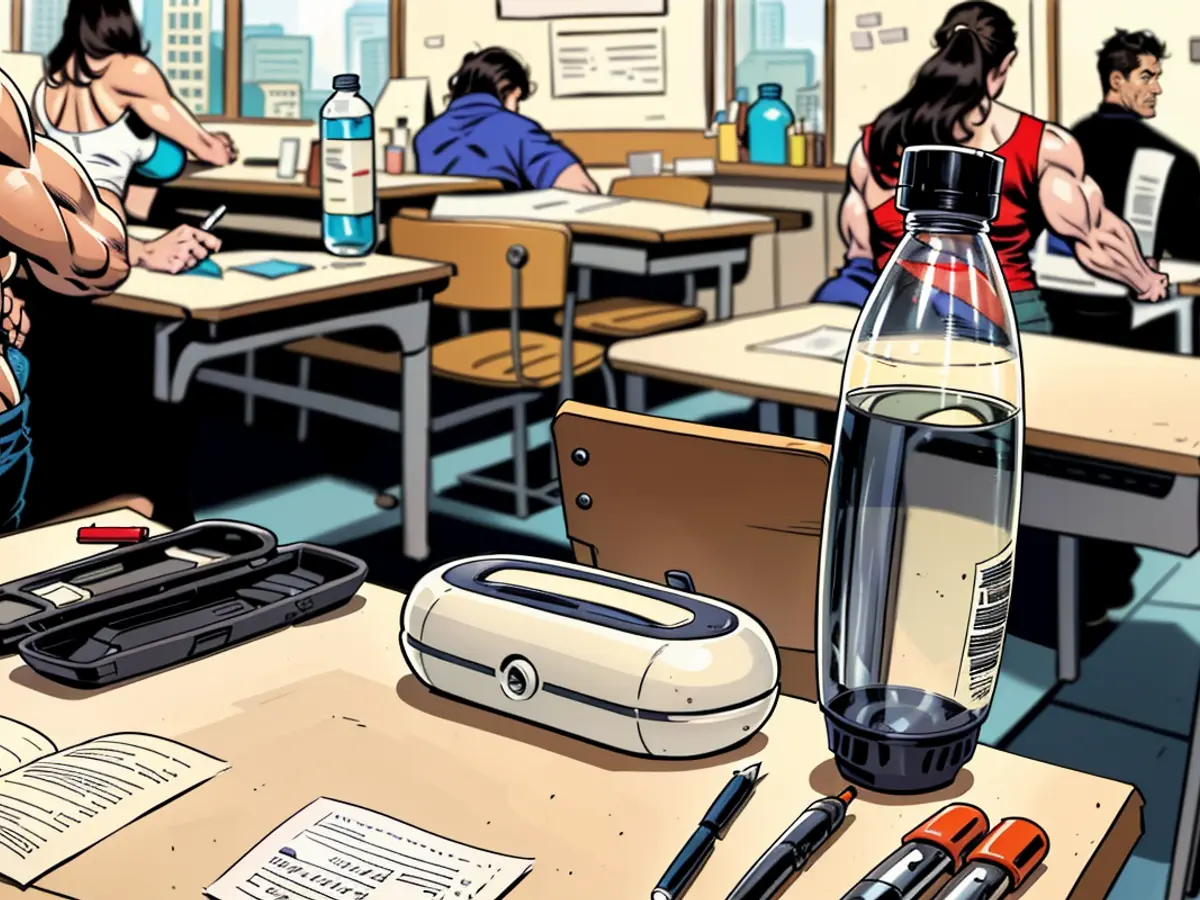Educational institution - The eleventh year of mandatory education should not be a mere form of detention.
The German trade union, Education and Science (GEW), generally supports the planned eleventh compulsory school year in Berlin. However, the effectiveness of this initiative depends heavily on its execution, according to Karin Petzold, the School Department Head of GEW Berlin, who discussed this matter at the Education Committee of the House of Representatives.
"The eleventh compulsory school year aims to increase personal and social competencies, as well as offer guidance on navigating professional paths," Petzold clarified her union's position. "By preparing them to make well-informed life decisions, we are aiming to equip these young people with the skills necessary to succeed."
Unlike traditional classroom teaching, GEW believes that alternative learning methods should be employed, as Karin argued. "Instructional methods focused on measuring success and performance should be discarded," she urged. Instead, personalized learning plans should be created for the students. "The success of this endeavor hinges on whether this additional year simply adds to their seating time, or if it opens up genuine opportunities for personal growth and potential career paths."
The eleventh compulsory school year is part of an upcoming change in the Berlin School Law proposed by the black-red coalition, which is slated to begin on August 1st. This new element of the law is designed to aid the approximately 3,000 students who fail to secure an apprenticeship or any other professional prospects after their tenth grade in the secondary level.
This extended education is intended to improve students' professional orientation while also equipping them with relevant skills for potential vocational training. It's hoped that this could also contribute to reducing the high dropout rate in vocational training that's cited as being around 30%, according to reports from economic associations.
GEW insists on additional resources
GEW stresses the need for extra personnel to carry out this initiative successfully. These students often face various challenges ranging from psychological issues to other special requirements. Petzold emphasized the necessity of additional teachers, tutors, social workers, and psychologists to cater to their multifaceted support needs. "The well-being of the staff involved - particularly in vocational schools - should not be compromised as a result of their increased responsibilities in relation to the eleventh compulsory school year," she stated.
Read also:
The Education and Science Trade Union in Berlin, GEW, advocates for additional resources to ensure the success of the planned eleventh compulsory school year, recognizing the various challenges faced by students. This initiative aims to offer apprenticeship opportunities and improve vocational training for students who struggle to secure them after their tenth grade. Schools in Berlin are planning to incorporate this extended education from August 1st, with the goal of reducing the high dropout rate in vocational training, which is around 30%, according to economic associations. GEW also supports alternative learning methods and emphasizes the importance of personalized plans for students, aiming to foster personal growth and career development rather than merely adding to their classroom time.








